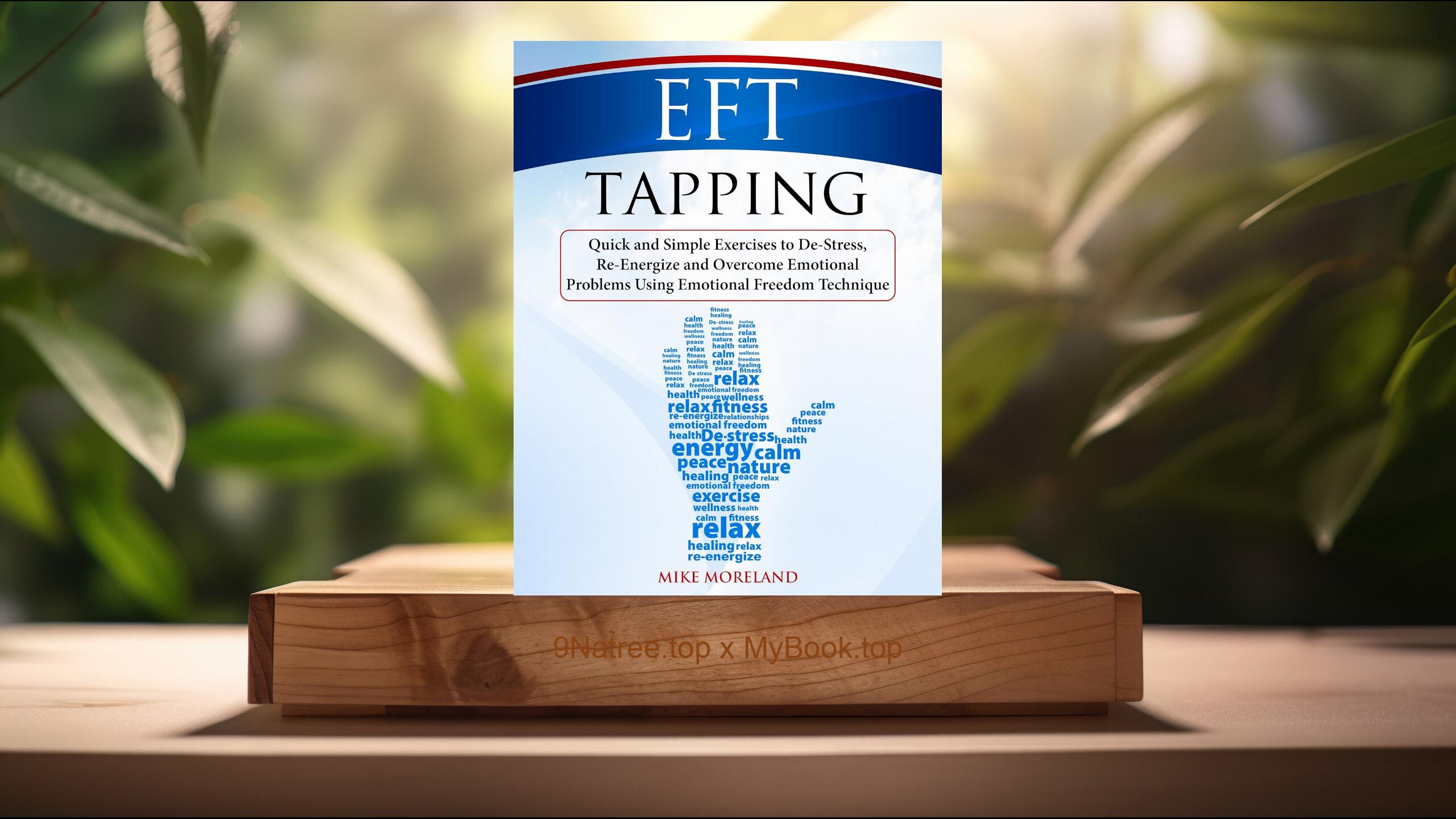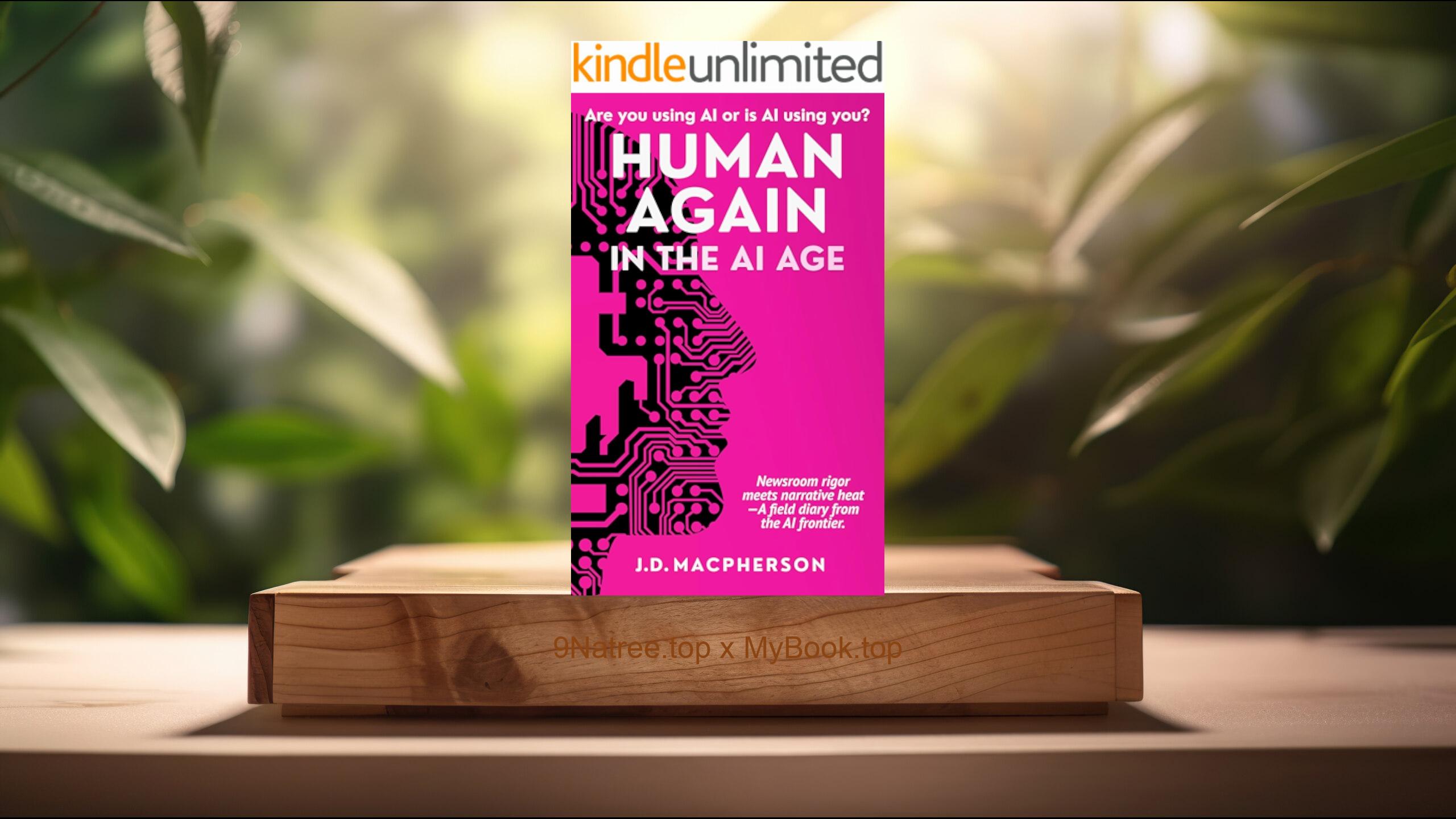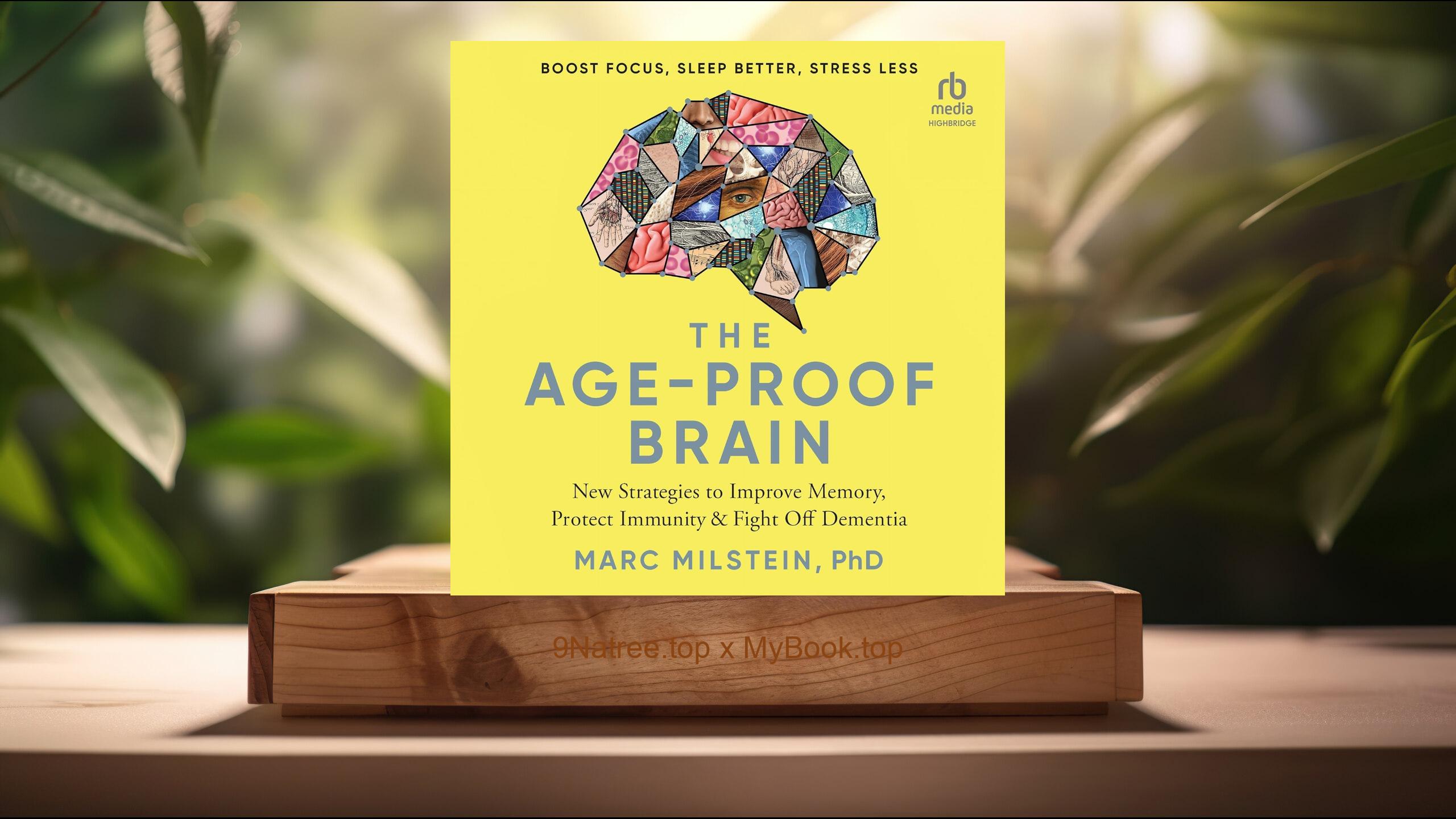Show Notes
- Amazon USA Store: https://www.amazon.com/dp/1250337747?tag=9natree-20
- Amazon Worldwide Store: https://global.buys.trade/Supremacy-AI-ChatGPT-and-the-Race-that-Will-Change-the-World-Parmy-Olson.html
- eBay: https://www.ebay.com/sch/i.html?_nkw=Supremacy+AI+ChatGPT+and+the+Race+that+Will+Change+the+World+Parmy+Olson+&mkcid=1&mkrid=711-53200-19255-0&siteid=0&campid=5339060787&customid=9natree&toolid=10001&mkevt=1
- Read more: https://mybook.top/read/1250337747/
#artificialintelligence #AIethics #ChatGPT #technologicaldisruption #AIrace #globaltechnologycompetition #economicimpactofAI #GeopoliticalimplicationsofAI #Supremacy
These are takeaways from this book.
Firstly, Emergence and Evolution of ChatGPT, Olson provides an in-depth narrative highlighting how ChatGPT emerged from decades of AI research. She elucidates how this platform, based on OpenAI's generative pre-trained transformer models, revolutionized conversational capacities, enabling it to produce coherent, human-like responses. The author traces the incremental advancements in natural language processing (NLP), particularly highlighting breakthroughs in neural network architectures and machine learning methodologies that culminated in such revolutionary AI models. Olson discusses the practicality and versatility of ChatGPT in diverse services, ranging from customer care, educational support, content creation to medical consultations. She also contemplates the challenges involved, notably the susceptibility to bias, inaccurate answers, misinformation, and the ethical quandary of transparency in AI-generated content. Olson expertly emphasizes the technology's impressive gains alongside its potential pitfalls, highlighting the significance of maintaining ethical oversight and regulation as conversational AI increasingly integrates into daily life.
Secondly, Global AI Competition and Geopolitical Implications, The author discusses extensively the competition surrounding AI advancements between key geopolitical players, emphasizing the escalating intensity of technological rivalry primarily between the United States, China, and Europe. Olson meticulously paints scenarios outlining how supremacy in AI could amplify geopolitical power shifts and influence international politics, security, economies, and global alliances. She elaborates on the critical aspects of strategic dominance, explaining how nations achieving primacy in AI may reshape diplomatic leverage, advance economic competitiveness, bolster military capabilities, and set international standards. The narrative strengthens Olson’s argument by highlighting real-world examples, like the increasing policy implementation by major nations such as China and the US targeting technology acquisition, talent attraction, and AI regulations. This comprehension equips readers to understand why global powers actively invest in AI capabilities and the urgent necessity for unified international regulatory frameworks.
Thirdly, Impacts of AI on Industries and Job Markets, Olson provides meticulous coverage of how AI innovations profoundly transform conventional industries and reshuffle job market dynamics. She closely examines various sectors, such as healthcare, automotive, finance, education, customer service, and journalism, detailing AI-driven automation, predictive analytics, enhanced productivity, and process improvements. By addressing specific case studies and expert analyses, she articulates the opportunities and disruption brought forth by AI implementation. This compelling discourse particularly underscores the duality of technological advancement in industry—highlighting both potential employment displacement and the emergence of new skill requirements and career opportunities. Olson emphasizes the increasing importance of robust policies, lifelong learning initiatives, educational transformations, and dynamic labor market adjustments to circumvent economic disparities and navigate future employment intricacies effectively.
Fourthly, Ethical Considerations and Challenges of AI, A significant thematic thread running throughout Olson's book highlights the critical ethical landscape surrounding artificial intelligence. Tackling key questions of accountability, transparency, morality, privacy, and the potential for algorithmic biases, Olson provides a profound reflection on the repercussions of unchecked AI advancement. Real-world cases illustrating data exploitation, privacy breaches, and flawed decision-making serve to reinforce the inherent risks of unsupervised AI development. The author urges that the larger social implications must be earnestly considered in policy deliberations and technological creation. Olson also reflects upon strategies for ethical AI exploration, calling for the establishment of global standards, governance structures, and inclusive oversight. Her call emerges as timely, indicating the potential severity of harm if ethical guidelines fail to keep pace with technological growth, thereby urging interdisciplinary vigilance.
Lastly, The Future of AI and Economic Disruption, In anticipating the trajectory of AI, Olson dedicates substantial attention to its future-faced impacts economically, socially, and technologically. Insightfully presented, she explores how advancements in AI may radically reshape economies, bringing not only opportunities for expansion and innovations but exacerbating economic inequalities and disparities. Olson contemplates possibilities like widening digital divides, job losses in traditional sectors, monopolistic control by giant tech corporations, and shifts in economic structures enabled increasingly by automation and digitization. By integrating perspectives from economists, technologists, and policy-makers, she provides a comprehensive portrait of potential pathways, highlighting both dystopian and utopian scenarios. Olson's nuanced approach notably advocates preparedness for disruption by suggesting proactive measures such as investing in up-skilling capabilities, creating responsive policy frameworks, and fostering diversified economies. This careful forecasting empowers readers to understand and respond more effectively to the multidimensional influences AI exerts on global society.
![[Review] Supremacy: AI, ChatGPT, and the Race that Will Change the World (Parmy Olson) Summarized](https://episodes.castos.com/660078c6833215-59505987/images/2026051/c1a-085k3-jpdkno2xc5zv-gbundk.jpg)




